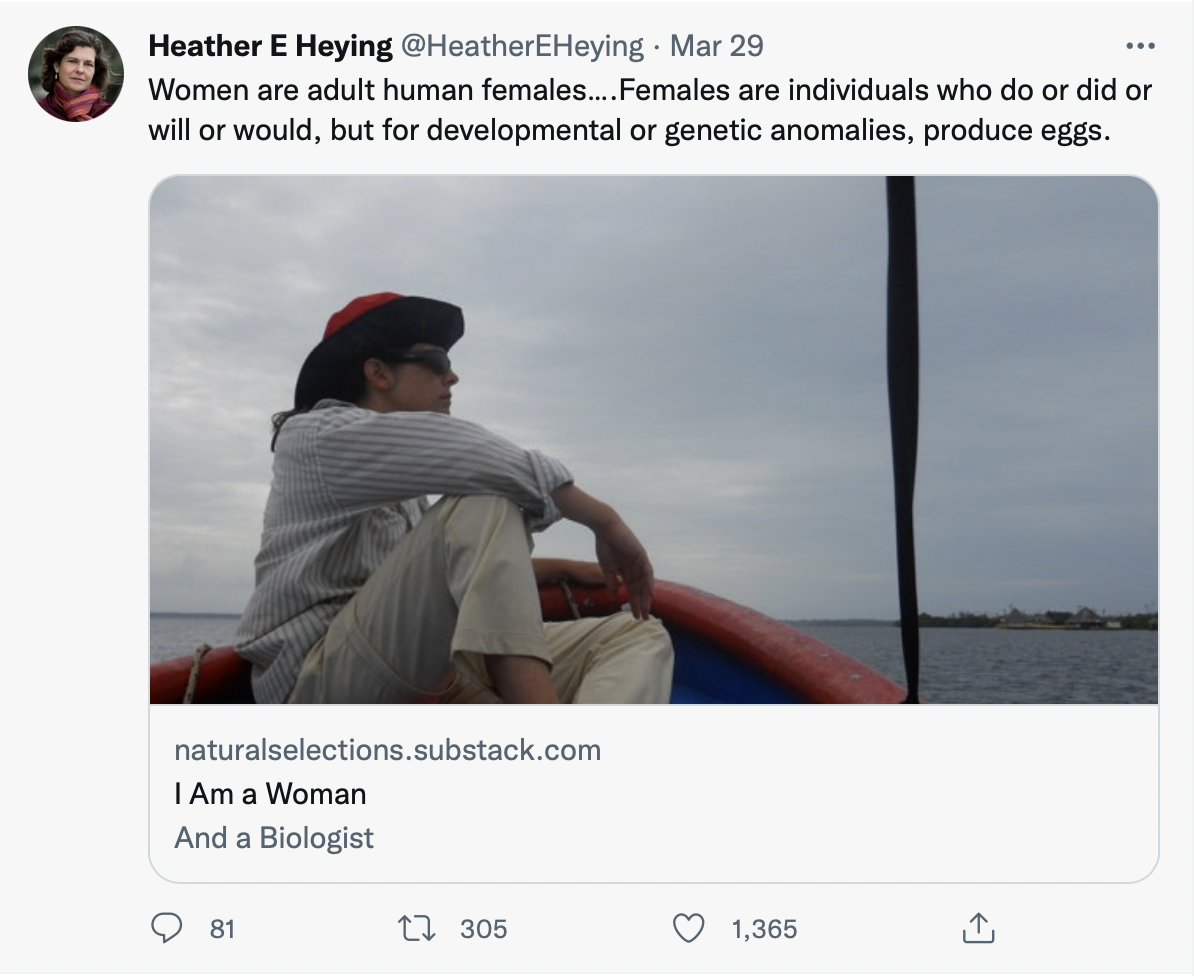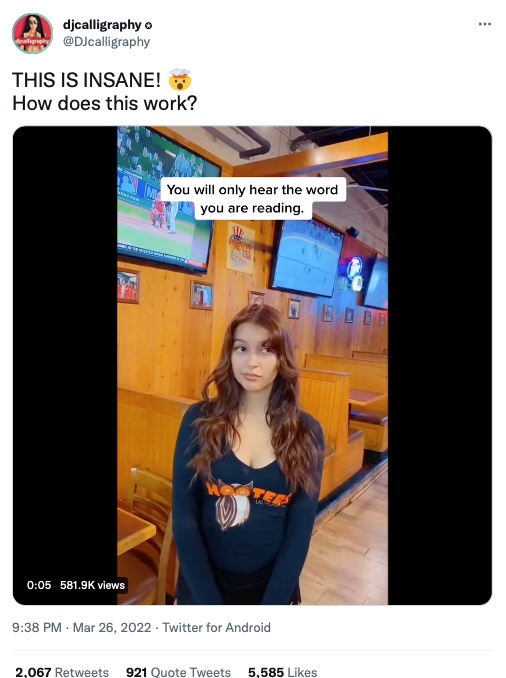Jesse Singal: Transgender Puberty Blocker and Hormone Research Fails to Justify Their Use
Jesse Singal analyzes new research regarding puberty blockers and hormones used by researchers to promote their use. He concerned that the researchers have been dishonest. Here is an excerpt from his article: "Researchers Found Puberty Blockers And Hormones Didn’t Improve Trans Kids’ Mental Health At Their Clinic. Then They Published A Study Claiming The Opposite.". Here is an excerpt:
All the publicity materials the university released tell a very straightforward, exciting story: The kids in this study who accessed puberty blockers or hormones (henceforth GAM, for “gender-affirming medicine”) had better mental health outcomes at the end of the study than they did at its beginning.The headline of the emailed version of the press release, for example, reads, “Gender-affirming care dramatically reduces depression for transgender teens, study finds.” The first sentence reads, “UW Medicine researchers recently found that gender-affirming care for transgender and nonbinary adolescents caused rates of depression to plummet.” All of this is straightforwardly causal language, with “dramatically reduces” and “caused rates… to plummet” clearly communicating improvement over time.
. . .
What’s surprising, in light of all these quotes, is that the kids who took puberty blockers or hormones experienced no statistically significant mental health improvement during the study. The claim that they did improve, which was presented to the public in the study itself, in publicity materials, and on social media (repeatedly) by one of the authors, is false.
It’s hard even to figure this out from reading the study, which omits some very basic statistics one would expect to find, but the non-result is pretty clear from eTable 3 in the supplementary materials, which shows what percentage of study participants met the researchers’ thresholds for depression, anxiety, and self-harm or suicidal thoughts during each of the four waves of the study:
Among the kids who went on hormones, there isn’t genuine statistical improvement here from baseline to the final wave of data collection. At baseline, 59% of the treatment-naive kids experienced moderate to severe depression. Twelve months later, 56% of the kids on GAM experienced moderate to severe depression. At baseline, 45% of the treatment-naive kids experienced self-harm or suicidal thoughts. Twelve months later, 37% of the kids on GAM did. These are not meaningful differences: The kids in the study arrived with what appear to be alarmingly high rates of mental health problems, many of them went on blockers or hormones, and they exited the study with what appear to be alarmingly high rates of mental health problems.
. . .
Despite the fact that two of the authors worked at Seattle Children’s Hospital, where the gender clinic is based, the paper doesn’t include a single word of even informed speculation attempting to explain why some kids accessed GAM and others did not. Nor do the authors seem to notice that by the end of the study, the no-GAM group has dwindled to a grand total of six kids who reported mental health data, as compared to 57 in the group receiving treatment.
Adding intrigue to this situation, the researchers are refusing to release their raw data. Singal does a deep-dive the substantiate his conclusion that the conclusions of the researchers are not substantiated by this research. The problems with this "research" are overwhelming and Jesse Singal offers line and verse on the many questions, lack of questions and holes. Too bad many legacy media outlets lap up unsubstantiated results on this topic produced by so many biased "researchers."


